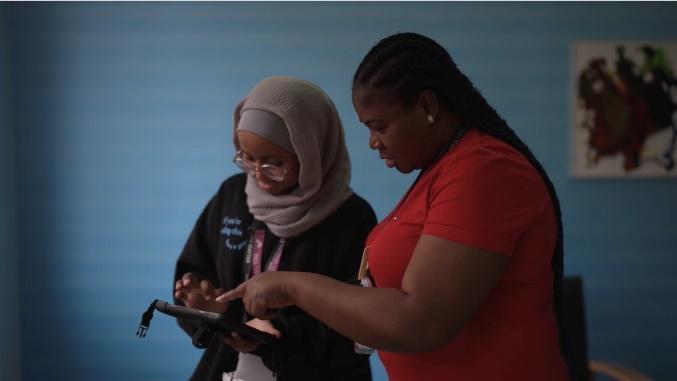New research by TM Forum into the telecoms industry shows 30-year-old procurement practices increase costs, decrease innovation and slow down business agility.
Today, TM Forum, the telecoms industry association, released its report, Time to kill the RFP? Reinventing IT procurement for the 2020s, which reveals widespread dissatisfaction with the request for proposal (RFP) process among industry leaders.
In preparing the report, TM Forum’s chief analyst, Mark Newman, surveyed the opinions and views of over 300 service providers and vendors. He also conducted in-depth briefings with 35 companies, including communications service providers (CSPs) from five continents with a combined user base of 2.5bn mobile and one billion fixed subscribers, plus major IT vendors and system integrators and a range of consultants and legal advisors.
Key findings from his research include:
- Two-thirds of CSPs and three-quarters of vendors agreed that the RFP process is no longer sufficient;
- Procurement processes make it extremely difficult for CSPs to partner with smaller, innovative software and cloud vendors;
- CSPs need to leverage proofs-of-concept to test new technologies and solutions, and transition to as-a-service payment models;
- CSPs should embrace agile methodology by breaking down projects into smaller components and eliminating waterfall practices with suppliers;
- The procurement process needs to be decentralised and digitised.
“There has always been a criticism of the use of the RFP for IT procurement because it glorifies the process rather than the outcome,” said Newman. “But what has now changed is the desire to transition to agile IT development and the need for a more flexible, iterative procurement process. This poses real challenges for the procurement function. First, it’s likely to shift the balance between capex and opex budgets.
Digital transformation in the telecom industry: What’s driving it?
“Second, CSPs expect to get more bang for their buck if vendors partner with them on agile development. However, CSPs don’t necessarily know how much a project or solution created with a vendor partner will actually cost in a year’s time.”
‘Outdated’ procurement cost the telecoms industry $1bn per year
According to the report, the yearly $1bn procurement cost to the telecoms industry is made up of a combination of multiple challenges. They include:
- Widespread delays and frequent failures of IT transformation projects;
- Delays in time-to-market for new services and new lines of business;
- Unsustainable total-cost-of-ownership and levels of technical debt;
- Policies that discourage close collaboration and experimentation between CSPs and vendors;
- Processes that block new innovative start-ups and scale-ups from selling to CSPs
Currently, a communications service provider’s procurement process takes on average 12 to 18 months from start to finish.
Hindering path to 5G
TM Forum’s report also identified how current procurement practices are holding back the telecommunications industry from taking advantage of new business opportunities being created by 5G.
According to the report, 72% of new business opportunities created by 5G in the telecommunications sector require a change in operating models.
Craig Farrell, chief technology officer, Global Telecom Industry, IBM, echoed the challenge, saying: “To run 5G efficiently and take advantage of the benefits, communication service providers need to reinvent their operations and modernise their infrastructure.”
Predictions for the telecoms industry in 2019: SSE Enterprise Telecoms view
The Open Digital Framework
Addressing this issue, TM Forum today also unveiled its Open Digital Framework to provide the blueprint for service providers to deliver intelligent operations fit for the 5G era.
Built by the collaboration of TM Forum’s 850+ global member companies, the Open Digital Framework is an interactive, continuously evolving collection of tools, knowledge and standards that service providers need to survive and thrive in next decade.
See also: Driving digital transformation in the telecom industry – The telecommunications industry has a range of problems that it needs solved, if it is to stay at the forefront of digital transformation.
Thierry Souche, chief information officer at Orange, said, “Seizing the growth opportunities of the next decade requires a different clock speed for operations and IT. The investments TM Forum members are making in the Open Digital Framework will ensure that the design and architectures choices service providers are making today support the business and operating models of tomorrow. The Open Digital Framework will dramatically cut the costs of integration, allowing us to focus our investments in technologies that can truly transform experience for our customers.”
More information about TM Forum’s Open Digital Framework can be found here.










